LGBTQ+ Coming Out of Sudan

On 2 March 2019, students at the women-only Ahfad University for Women (AUW) in Omdurman, Sudan, staged a peaceful, musical sit-in within their campus as part of the ongoing anti-government protests in Sudan.
Sitting in a circle, the female students played instruments while singing and clapping to national songs. Some female students dressed in plain white teyab – the plural of toub, a traditional long piece of thin cloth Sudanese women wrap around the body and over the head. A white toub is usually worn by working Sudanese women in the workplace or during mourning. A white toub symbolises women empowerment and feminism in Sudan as well as independence, strength and purity.
Pictures of the female students dressed in white teyab were widely shared on social media, inspiring other women in Sudan and abroad to share their pictures in white teyab, using the hashtag #التوب_الابيض, which translates to ‘the white toub‘. Subsequently, March, as it’s National Women’s History Month, was celebrated as White March. Men and women supported the trend, addressing the women in white teyab as Kandakas. Meaning strong women, Kandaka (Plural: Kanadakas) was the title for queens and queen mothers during the ancient Kingdom of Kush.
It was not long before the Sudanese-Norwegian artist and LGBTQ+ advocate Ahmed Umar joined in on the social media trend. On 4 March 2019, on his personal Facebook account, Umar posted a picture of himself posing with a white toub, adorned with traditional Sudanese accessories and braids with tribal marks drawn on his cheeks. The picture went viral across the Sudanese social media, leaving opinions cleanly split between those who are with it and those who are against it – mostly due to a male cross-dressing as a female and the fact that Umar is openly gay and identifies as gender fluid.
Many Sudanese people were introduced for the first time to the term ‘gender fluid’. A person who is gender fluid or genderqueer is flexible about their gender identity and refrains from committing to one of the two traditional genders, male and female. The may fluctuate freely between both.
‘I don’t mind people calling me a woman…I was raised by a woman and I have sisters so why is that an insult? I am the same human, wearing a male or female clothes. The most important message behind this art work is that I don’t accept violence, injustice nor oppression against women. It is not offensive to my “masculinity” to wear women clothes. I am also against the double-standards, when some women went in a protest march wearing a jalabiya a few days prior posting my picture, they were praised and described brave and “manly” with a positive connotation,’ he explained.
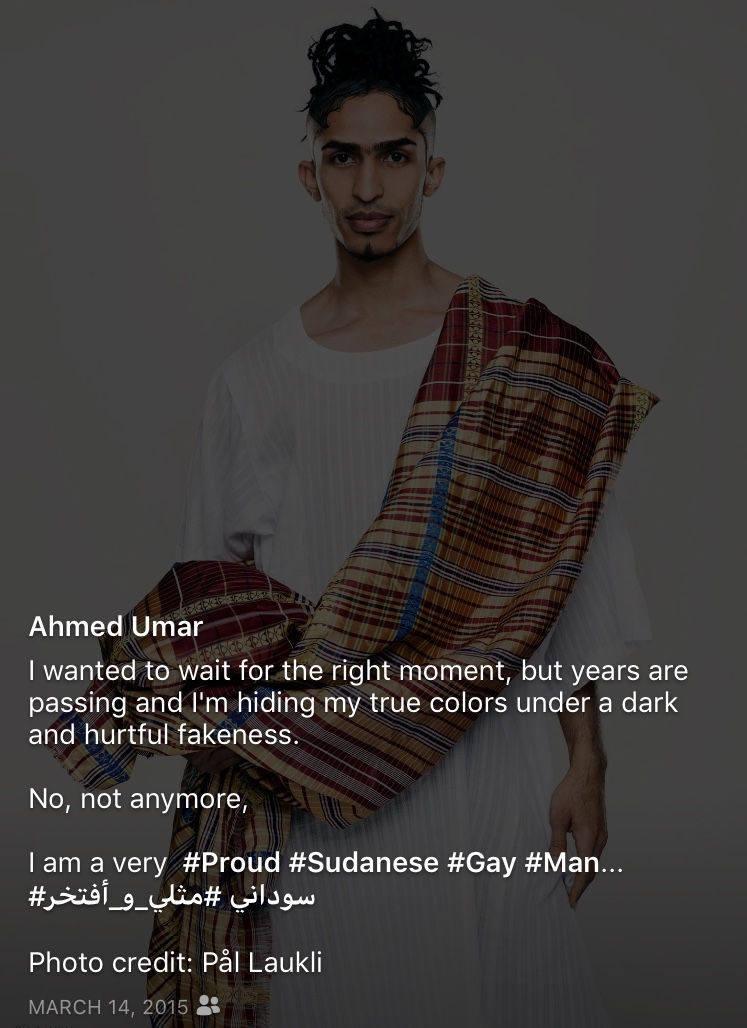 Umar, 31, publicly first came out as gay on Facebook in March 2015, posting a picture of him wearing a traditional Sudanese white jalabiya with a garmasis (a multi-coloured fabric usually worn by brides in Sudanese weddings), with the caption: ‘I wanted to wait for the right moment, but years are passing and I’m hiding my true colors under a dark and hurtful fakeness. No, not anymore. I am a very proud Sudanese gay man.’
Umar, 31, publicly first came out as gay on Facebook in March 2015, posting a picture of him wearing a traditional Sudanese white jalabiya with a garmasis (a multi-coloured fabric usually worn by brides in Sudanese weddings), with the caption: ‘I wanted to wait for the right moment, but years are passing and I’m hiding my true colors under a dark and hurtful fakeness. No, not anymore. I am a very proud Sudanese gay man.’
When asked what inspired the public coming out post, Umar said, ‘I was tired of bearing a mask of a different person that has nothing to do with me. I lived a lie. I was exhausted of lying about a thing that I did not choose and I could never change. I am hurting no one by loving a person who happened to be from the same sex. I was completely drained of energy because of the full-time hypocrisy.’
‘What triggered the coming out post was a very violent and abusive homophobic video that a cousin of mine posted in my family’s group on Facebook, which then I began to openly discuss with him about the prejudgment he had on homosexuals and asked him to prove his arguments with science. At some point, he said, “Thankfully, we don’t have such perverted pigs in our family!” I could not stay quiet anymore and told him, “Count me as number one!” I then decided I will not keep it as a secret and posted it publicly on my page,’ said Umar.
‘I was always aware of the fact that I am unlike my brother and male peers. I was not very interested in the stereotypical “boyish” stuff. Why being born a male should mean playing with cars and outside while females should play with dolls and inside the house? These expectations for male children compared to those for female children made me very confused. I actually had both, a car and secretly, a doll as a child. I did not understand what’s the difference between a girl and boy and most importantly, why they are different,’ he explained.
Umar recounts his true comprehension of being gay, and specifically, what it means to be gay in Islam when he was in a religious studies class in fourth or fifth grade. ‘The teacher categorised humans into three types: ‘Normal’ people, lesbians and gays. His precisely described the feelings that I feel about other men and that freaked me out. I vividly remember the part when he said that gays and lesbians should be punished in five different ways: Have their body parts cut off one by one, stoning them to death, burn them alive, imprison them in a filthy place without food or water until they die, or the most merciful death is to have their heads cut off,’ explained Umar. ‘I was traumatised.’
Having been born and raised as a Muslim, he was influenced by elements of Wahabism in Saudi Arabia and Sufism in Sudan. But once Umar moved to Norway in 2008, he began to find himself. ‘I finally was able to think independently and slowly became more in peace with who I am. I dealt with so much shame, but with a valuable support from accepting friends and psychiatric assistance, I went over it,’ he said.
In the process of becoming confident about his gender identity and sexual orientation, Umar also became open about being an atheist. ‘Religion has never worked for me. I did not choose it, but forced into it. I had many questions that I did not get answers for and they remain unanswered. For instance, why would God create me with a “defect” only to say fix yourself? The idea of the continuous “testing” did not meet my imagination of the divine love,’ he said. ‘I don’t see a problem being Muslim and homosexual. But personally, I could not combine them. My experience with religion did not give me a peaceful reference to rely on. It may work for others for sure,’ he added. Today, Umar works intensively with themes around queerness and his experience with religion in his artwork.
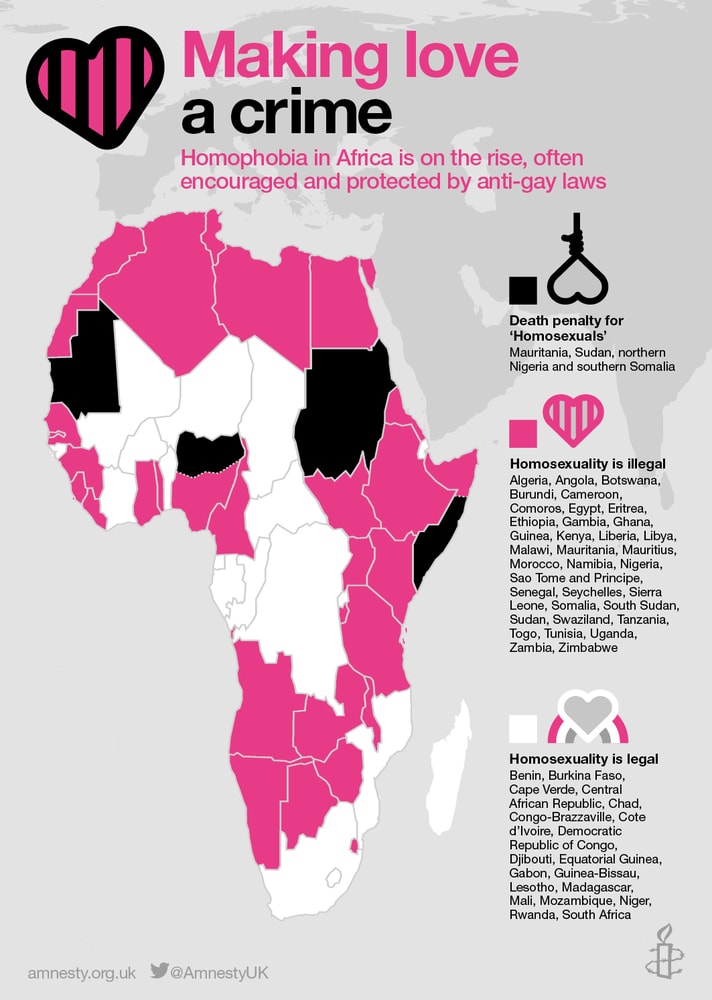
Mapping anti-gay laws in Africa. Image source: Amnesty International
Umar’s ‘white toub’ picture sparked weeks-long discussions on LGBTQ+ Sudanese and influenced a few Sudanese to come out on social media, although anonymously, most of which who are currently living in Sudan where homosexuality is illegal and punishable by death. ‘It’s really sad. It’s one of the things that inspires me to do what I do. Not being yourself is one of the most destructive things to humans,’ he said. ‘I was happy to meet some of the community in Sudan last year. Despite all the dangers they can face in Sudan, they are finding their own ways to enjoy their lives, advance and be successful. They are real heroes. They are my inspiration,’ said Umar.
According to Islamic teachings, homosexuality is haram or forbidden. As a conservative Muslim country, Sudan’s legal system is based on the Islamic or Sharia law, which criminalises homosexuality. According to Article 148, capital punishment applies should the offense be committed either by a man or woman. For homosexual men, lashes are given for the first offence, with the death penalty following the third offence. As a result, members of the LGBTQ+ community in Sudan live double lives, keeping their gender and sexual identities under wraps to avoid social, religious and legal prosecution.
For 31-year-old Mera* – who knew she is a lesbian since the age of 12 – only a few of her friends know of her sexual identity. ‘I spent so much time trying to deny this identity of mine mainly due to religious and social pressures. I had a strong belief that this part of me was a “test” from God and by declining and fighting it, I’ll be doing the right thing…Whenever I heard and even engaged in homophobic discussions in the past, I felt my soul shattering to million pieces. It was a long painful journey for me to accept and come to peace with who I am and this identity of mine. And I even grew to love and be proud of it,’ she explained. Mera identifies as a Muslim and lesbian. ‘I believe that one can be religious and queer. Religious beliefs have nothing to do with the person’s identity or form,’ she explained, adding that ‘an identity isn’t a sin. An identity isn’t a disease or something that needs cure‘.
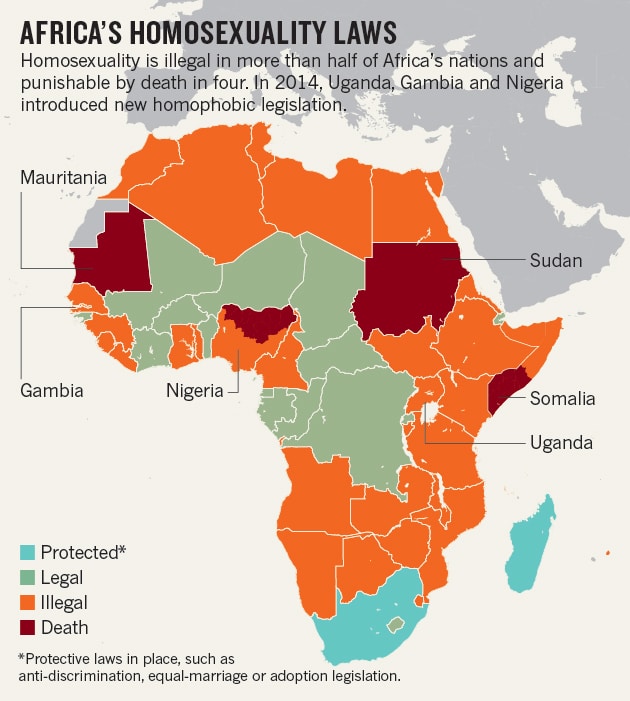
Africa’s homosexuality laws. Image source: Africa Metro
‘The first and major challenge is me having to hide my identity at all costs. And being a woman in a society of ours and in my age, I am constantly haunted by expectations of others for me, pressure to getting married and giving birth, and leading the “normal” heteronormative life. Another challenge is being in a love relationship: how we must keep this essential part of our lives hidden; how we must be careful on how we deal with each other – my significant other and I – in public places and in front of our friends and families; plus, the haunting truth of: as long as we are living here, we won’t get to be ourselves and together the way we want it to be, knowing that the only way for us to do so is by leaving our homeland,’ Mera explained.
Due to such challenges, Mera oftenly battles with depression. ‘I happen to deal with depression and self-loathe,’ she said. ‘It’s the constant reality check for me to know that my homeland isn’t really a home for me and for people like me. And it is very painful to know and live with this fact.’ Mera, who is currently in a relationship with another woman in Sudan, is considering leaving Sudan for a better life elsewhere. ‘I see myself in another country that doesn’t wish death on me for being queer and doesn’t force me to hide who I am; a place I can be with my lover and at least know that if I ever decide to propose to her, it is possible for us to be married by law,’ she explained.
For 22-year-old Ahmed*, being a gay man in Sudan is hellacious. ‘I realised I was queer when I was 10. I went through tough times trying to accept myself because since I was five-years-old, I was told boys aren’t supposed to be together and “You will go to hell”! So I had to fight all the religious beliefs in order to accept myself and I was lucky to do so by the age of 14,’ he said. ‘I am an atheist. I don’t think you can be queer and religious because every religion is against homosexuality. But some might say that God created them gay so he can’t punish them and that people are using religion and holy books against homosexuality because they are homophobic not because God is against them,’ he explained.
Currently, a few of Ahmed’s close friends and family members know of his sexual identity. ‘Coming out is really the hardest thing you could ever do because you aren’t sure how the person is going to react. I went through all three types of reactions, the accepting, the denying and the type who dooms you to death,’ he explained. ‘I did try to “ungay” myself. I read online when I was young that loads of hormones would make me straight again. When I was 17, I had some access to testosterone. I stole it and took it. My uncle found out and he gave me a lecture on acceptance,’ said Ahmed. ‘I had depression and used to take antidepressants. Actually the experience of “ungay” myself when I was 17, I was going through severe depression at the time because I was living a lie and playing someone I am not, and living in fear that my parents would find out,’ he added. ‘It’s heart breaking and degrading the fact that my own country and people would kill me for being me because they are so afraid of difference and change. Instead of trying to accept and understand it, they would terminate it,’ he said.
Regardless of the anti-gay circumstances in Sudan, Ahmed, who is currently a student in Sudan, still wishes to marry and have children one day. ‘My longest relationship was with this guy who was my friend. We were together for three years then his family found out about his sexuality and as a cure, forced him to get married,’ explained Ahmed. Currently single, he describes the dating scene for homosexuals in Sudan as ‘quite similar to hetero dating’ and mainly relies on friends of friends, Facebook or gay dating apps.
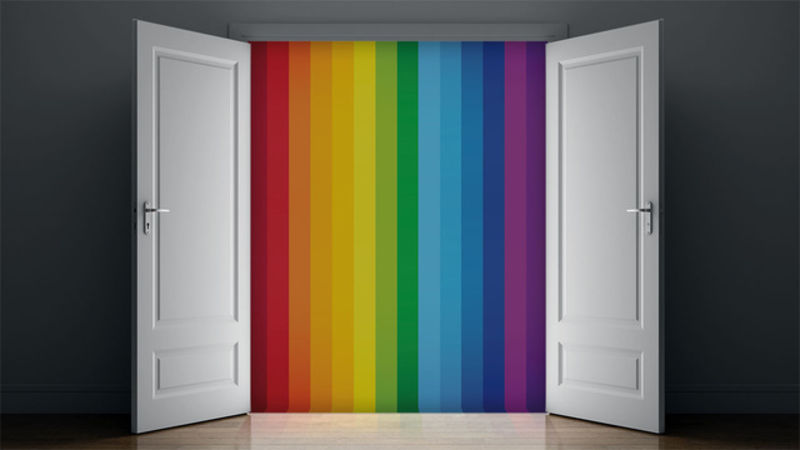
Image source: Life Hacker
Mohamed*, a 25-year-old medical laboratory specialist in Sudan, recently came out as bisexual, a sexual identity he began to identify as at the age of 21. When he attempted to go public about his identity on social media specifically Twitter, he was attacked. ‘I received a lot of hate and death threats,’ he said. He described being a member of the LGBTQ+ community in Sudan as living ‘in the dark and invisible’. Mohamed identifies as Muslim and bisexual. ‘God created me queer. This is not changing. I accept myself as bisexual and proud Muslim,’ he said. Mohamed is currently happily in love and in a relationship. ‘I’m in a relationship with a man. I love him. I hope we get married soon,’ he said.
While some countries in the world especially the West are debating and legalising gay marriage and recognising new or third genders, other countries especially in the Muslim world are yet to start a conversation of accepting members of the LGBTQ+ community as members of society and the Islamic faith. As the LGBTQ+ community is getting bigger in the region and worldwide, questions such as, ‘Can one be Muslim and gay?‘ are being debated. In Sudan, however, that debate is far from being uncovered.
Glossary:
Image source: Vector Stock
LGBTQ/LGBTQ+: An acronym that stands for lesbian, gay, bisexual, transgender, queer and more (questioning, asexual, intersex, etc).
Homosexual: Sexually attracted to people of one’s own sex.
Gay: (Homosexual) Romantic attraction, sexual attraction or sexual behavior between members of the same sex or gender. Gay is usually a term used to refer to males who are romantically or sexually attracted to males.
Lesbian: A homosexual female who is romantically or sexually attracted to other females.
Bisexual: Being sexually attracted not exclusively to people of one particular gender; attracted to both men and women.
A name with an asterisk symbol * indicates that the name is an alias. He or she chooses to remain anonymous.

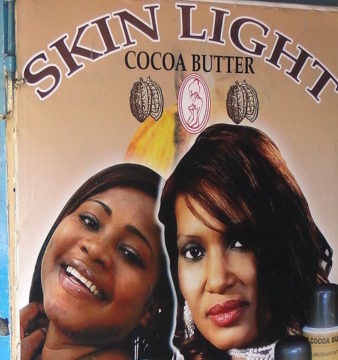
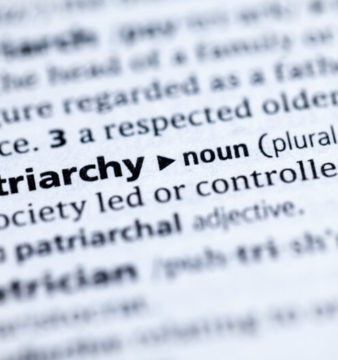
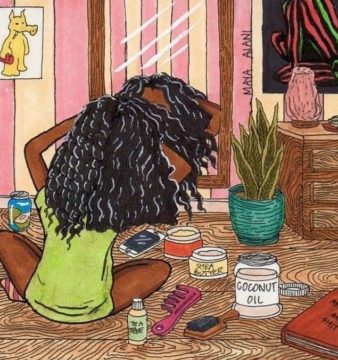
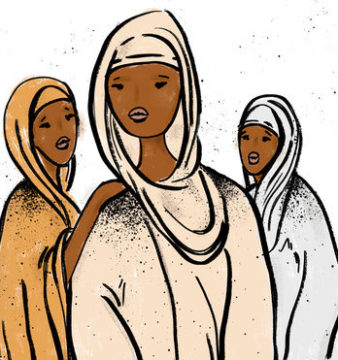
Just like some EU countries* provoked the citizenship as well as denied entry to the women of Isis that want to return to their home country, Sudan has the right to do so when matters are in order.
*The asterisk shown above implies that some of these countries may or may not be part of the EU in the near future